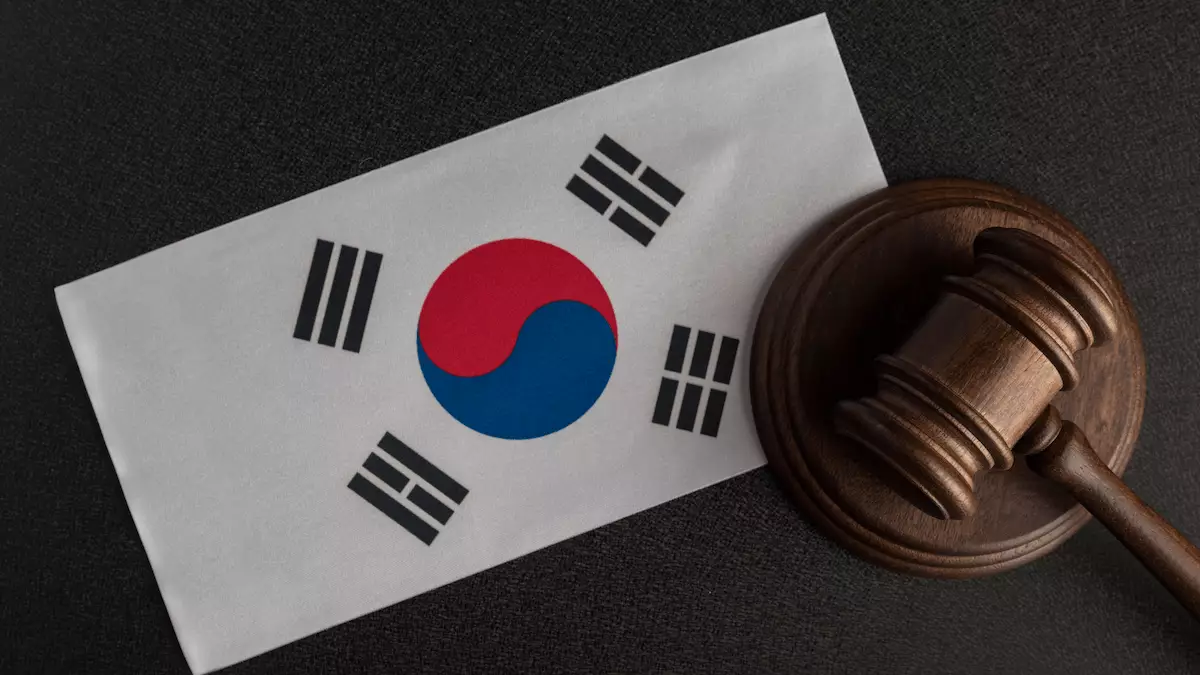The Financial Services Commission (FSC) of South Korea has recently unveiled a comprehensive set of regulations aimed at governing the burgeoning digital asset market in the country. These regulations, slated to come into effect by July 2024, are designed to provide investors with greater protection and ensure the stability of the digital asset marketplace.
Earning Interest on Digital Assets
One key aspect of the new regulations is the requirement for investors to earn interest on their digital assets deposited into exchanges. This move aligns South Korea with the global trend of treating digital assets more like traditional financial instruments. By incentivizing investors with interest, the FSC hopes to encourage responsible investing while fostering growth in the sector.
Although the new regulations are comprehensive, they do not cover non-fungible tokens (NFTs) and central bank digital currencies (CBDCs). However, the FSC explicitly stated that under certain conditions, NFTs could be classified as virtual assets eligible for interest if used as a payment method and issued in large quantities. This flexibility acknowledges the evolving nature of digital assets and their potential as a means of exchange.
In addition to the interest-earning requirement, the FSC has introduced new protocols to bolster security measures within virtual asset exchanges. The regulations mandate that exchanges must separate user funds from their assets and entrust them to a bank. Furthermore, at least 80% of coins must be stored in cold wallets, which are offline storage systems, to enhance security against potential cyber attacks. These measures aim to instill confidence in investors and demonstrate the government’s commitment to safeguarding their assets.
Recognizing the importance of preparedness and risk mitigation, the FSC’s new regulations also outline contingency plans for virtual asset operators in the case of security breaches. It is now a requirement for virtual asset service providers to have insurance or reserve funds in place to address any potential financial losses or damages to user funds.
Moreover, the regulations limit the suspension of deposits or withdrawals, only allowing such actions under extreme circumstances or with clear legal directives. This restriction is intended to protect the rights of investors and maintain the integrity of the digital asset market, preventing undue disruptions to the flow of funds.
Regulating and Reporting Unlicensed Crypto Exchanges
As part of its broader efforts to regulate the cryptocurrency space, South Korean financial regulators have launched a public campaign urging individuals to report unlicensed crypto exchanges. Spearheaded by the Digital Asset Exchange Association and the Financial Intelligence Unit, this initiative underscores South Korea’s commitment to creating a secure and regulated digital asset marketplace. By encouraging active participation from the public, the authorities aim to identify and crack down on illicit activities, thereby fostering a healthier ecosystem for digital asset investments.
The Expanding Definition of Digital Assets
With the rise of blockchain technology, the concept of digital assets has transcended its initial definition. Previously restricted to digital media files, this term now encompasses a wide range of investable forms, including cryptocurrencies, NFTs, and tokenized assets like real estate. By recognizing this broader definition, South Korea’s regulations acknowledge the multifaceted nature of digital assets and lay the groundwork for their future integration into mainstream financial markets.
The introduction of new regulations by the Financial Services Commission signals South Korea’s proactive approach to govern the digital asset market. By prioritizing investor protection, enhancing security measures, and promoting a transparent marketplace, South Korea is positioning itself as a global leader in the responsible and regulated adoption of digital assets. As the industry continues to evolve, these regulations lay a solid foundation for the future growth and development of the digital asset ecosystem in South Korea.













Leave a Reply